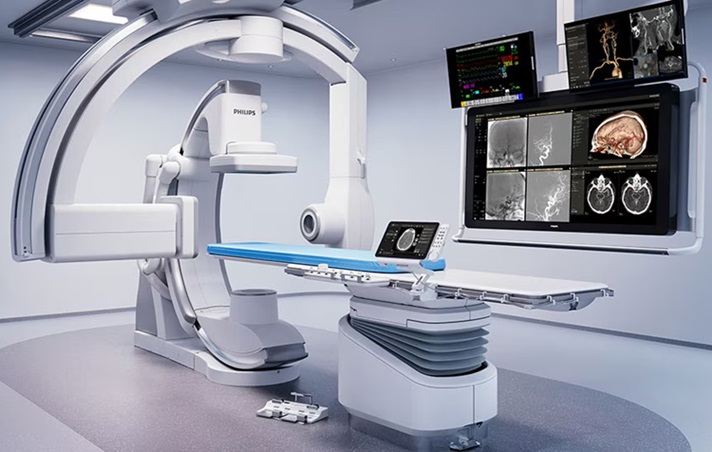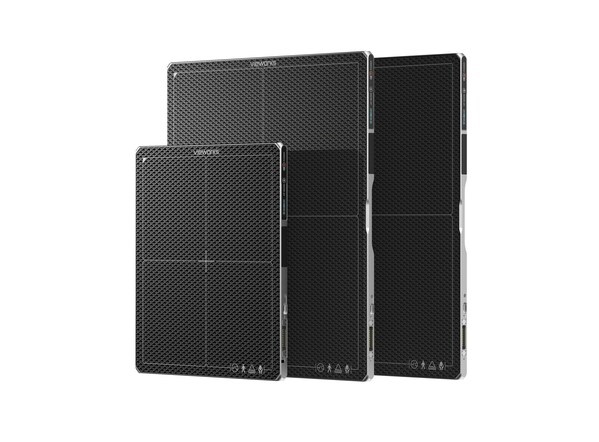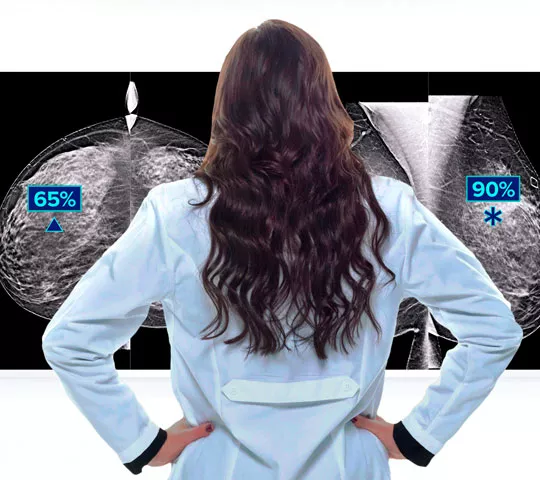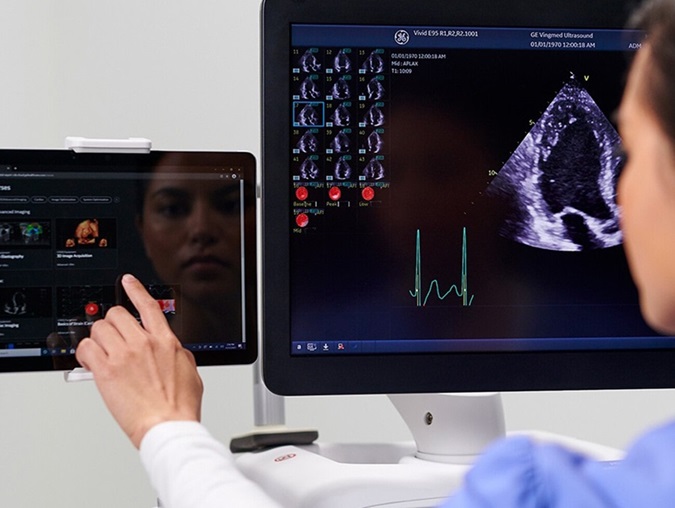Philips Launches New Image-Guided Therapy System with Enhanced 2D and 3D Imaging
Posted on 28 Feb 2024
Philips Healthcare (Amsterdam, Noord-Holland) is introducing major enhancements to its Image Guided Therapy System – Azurion – with the launch of its new Azurion neuro biplane system at the European Congress of Radiology (ECR) annual meeting in Vienna. Designed to streamline neurovascular procedures and help care teams make the right decisions faster, treat more patients, and achieve better outcomes, the new interventional system features enhanced 2D and 3D imaging and X-ray detector positioning flexibility. As healthcare providers strive to deliver high-quality care to patients, at ECR 2024 Philips is partnering with its customers to improve productivity and access to more sustainable healthcare.
By allowing neuro interventionists to treat more patients, more efficiently, with potentially better outcomes, the new Philips Azurion neuro biplane system enhances both the staff and patient experience and contributes to lower cost of care. Philips’ Azurion neuro biplane image-guided therapy system is designed to smooth and optimize procedure workflows where a combination of 2D and 3D imaging is needed for confident diagnosis and precision treatment. Used with the company’s latest Neuro Suite software and services, it provides neuro interventionists with a fully integrated solution that combines Philips’ world-class ClarityIQ low dose imaging with a range of neuro dedicated tools and value-added services that offer unprecedented levels of efficiency, flexibility, and control. New features in the Azurion neuro biplane system include enhanced C-arm rotation, angulation (imaging angles), and parking facilities that allow rapid transitioning between 2D to 3D imaging, comprehensive table-side control that eliminates the need to leave the sterile field, automatic beam rotation to obtain correctly oriented images for every angulation and rotation, and a new head immobilizer to support enhanced stroke care.

At ECR 2024, Philips is also introducing its latest differentiating, AI-enabled innovations to improve patient care. By leveraging AI, these new technologies can help healthcare professionals make more accurate diagnoses, streamline workflows, and ultimately improve patient outcomes. ECR attendees can experience how Philips’ innovative platforms and game-changing software enable healthcare providers to focus on what matters most – caring for patients. Philips is also spotlighting innovations across CT, MR, Diagnostic X-ray, Ultrasound, Image Guided Therapy, and Enterprise Informatics, designed to offer outstanding image quality and increase speed and productivity to provide healthcare professionals with the tools they need to deliver exceptional care. The first BlueSeal MR mobile unit developed in Europe for Denmark-based Agito Medical Imaging is also making its debut at ECR 2024. MRI scanners equipped with Philips’ BlueSeal magnet technology have saved more than 1.9 million liters of helium since 2018. The extension of this breakthrough technology in a mobile unit means Philips will be able to expand quality access to MRI exams for more patients in more places across Europe, in a more sustainable way with helium-free operations.
“At this year’s ECR, the focus is ‘Next Generation Radiology’ where innovation will be on all our minds. Significant improvements and advances in speed and precision enabled by AI will be demonstrated by health tech leaders like Philips, all in the service of improving patient care,” said Prof. Carlo Catalano, President of ESR and ECR.
“At ECR 2024, we’ll demonstrate how our AI-enabled solutions can help radiologists address some their most pressing challenges, including cost of care, staff shortages, and improving patient outcomes, while at the same time reducing environmental impact,” added Atul Gupta, MD, Chief Medical Officer in Precision Diagnosis and Image Guided Therapy at Philips, and a diagnostic and interventional radiologist.
Related Links:
Philips Healthcare














